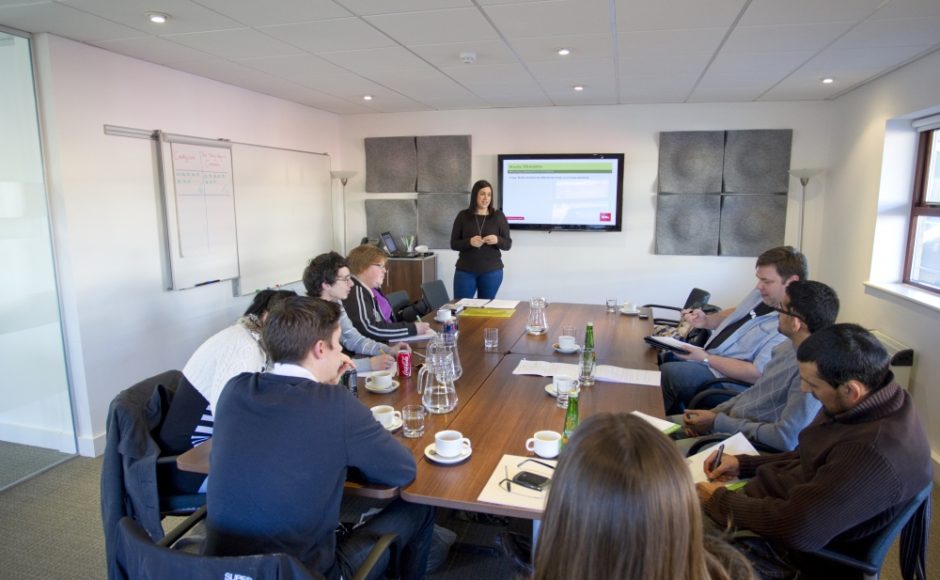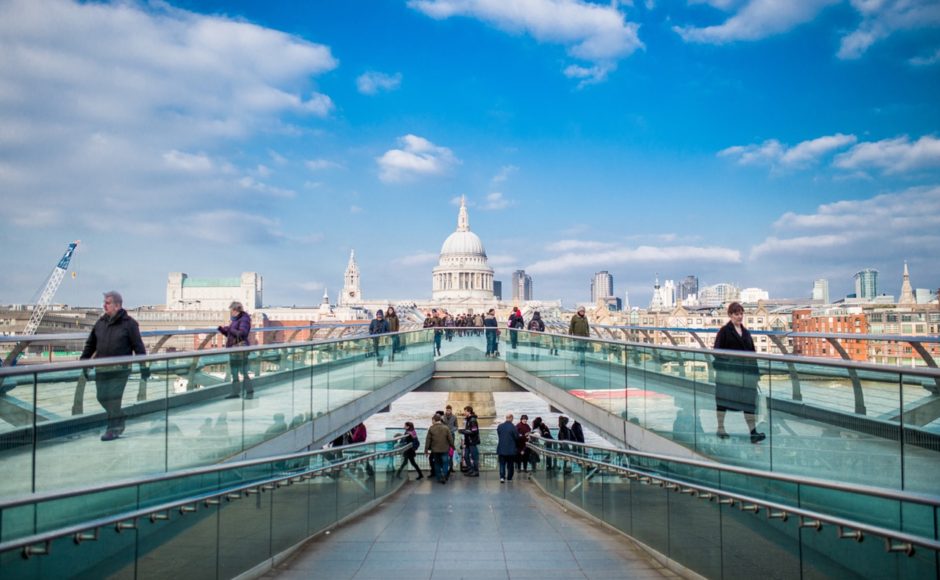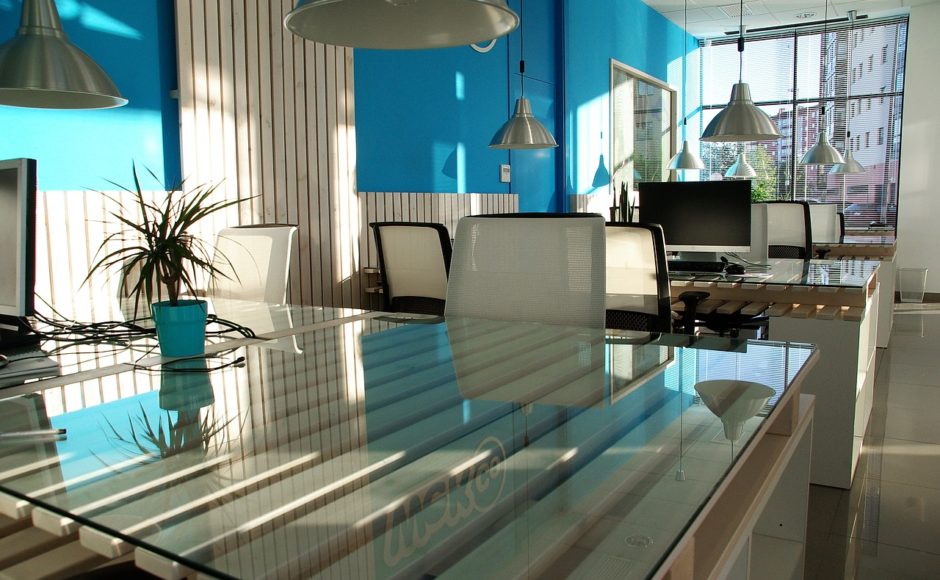Even with the rise of technology, there are many business practices that continue to be used every day. As the saying goes, ‘when something ain’t broke, don’t fix it’ – this is very much the truth when it comes to things in the business world. Of course, technology has helped many companies too, and new and old can get along quite well together to deliver the best results.
So if you want to think about your own processes in a little bit more detail, consider some of these traditional business practices and make note of how effective they are. You will likely discover that they are still helping your company to grow each day.
Networking
A lot of people use social networks and engagement platforms these days; Twitter is popular for sharing little snippets of information, and LinkedIn is a place to connect with other people in the industry. Yet people still love to get together to network face-to-face, even with these technological advancements.
You can see the evidence of this at networking breakfasts, break-out areas at conferences, and evening socials where everyone can let their hair down a bit. Swapping business cards is not yet an outdated practice, as people often feel less rude passing someone their details on a card, rather than asking for someone’s name and typing it into a smartphone. Offline networking is very much still a thing.
Phone calls
Everyone loves email technology, as it is possible to send a quick message without needing to have a lengthy conversation. But there is a downside to email communication, and that involves a loss of tone and perhaps sounding too direct. The phrase “email tennis” was coined because some conversations go back and forth so many times when one phone call could have sorted the issue out in the first instance.
Emails can be ideal to keep everything organized – you can create different folders on the network – but the same can actually be done for telecommunications. Have a look at the iComplete VoIP CRM which records the number of calls made to contacts; it can be a very handy tool.
Board meetings
Another popular way to communicate these days is by teleconference, which often incorporates a video function so people can see each other during the discussion. This technology has allowed companies to stay connected when each party is in a different cities, or even country, but some would argue that it still isn’t as effective as getting everyone together in the same room.
Board meetings certainly still take place in many businesses across the UK, as they can be incredibly productive and insightful. It is a place where all of the key team members and stakeholders can come together to hear about successes and failures, and what is forecast for the future. It can be much easier to discuss this if everyone is looking at the same thing in front of them, rather than worrying about being self-conscious on a screen.
Read More →








